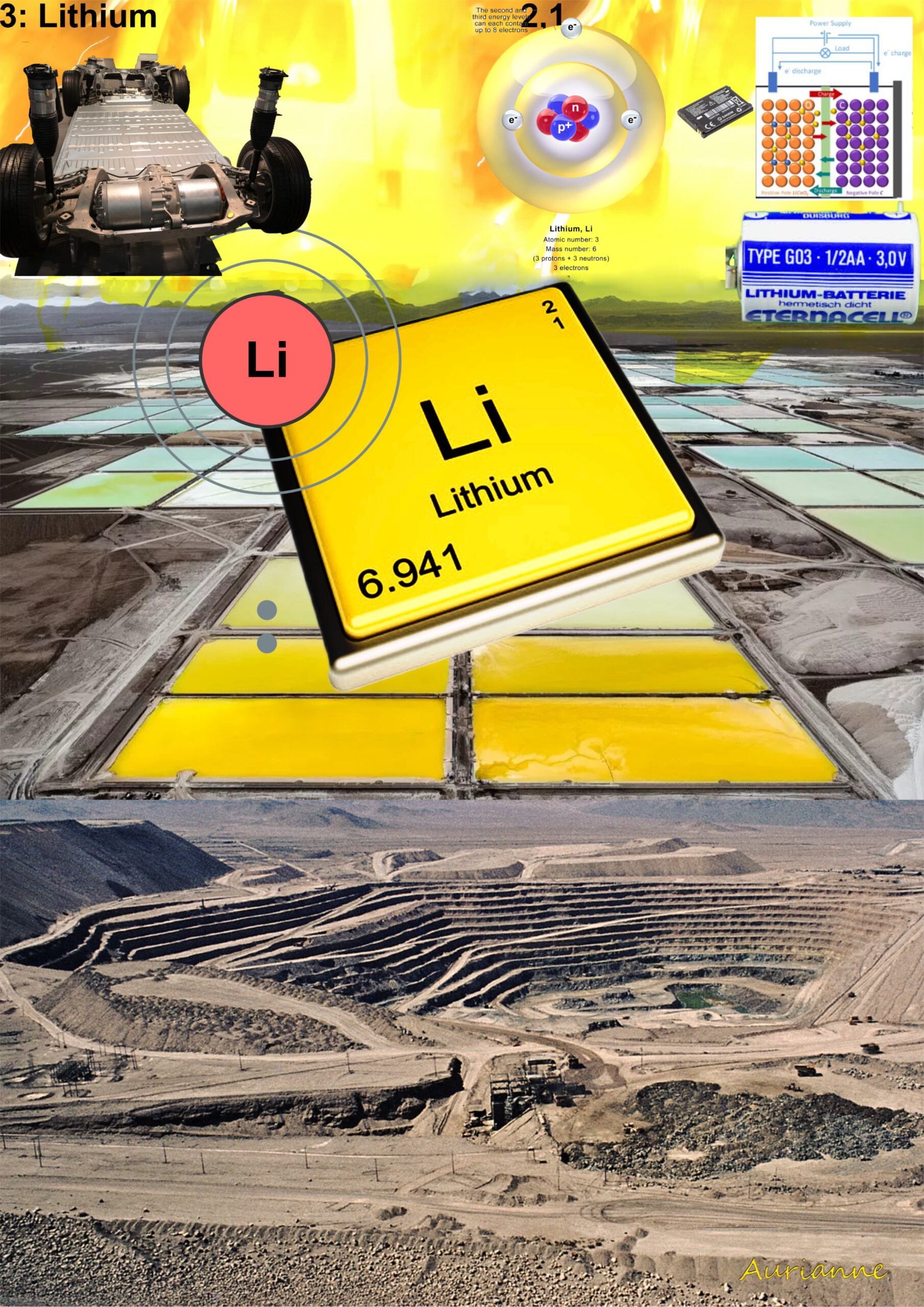-
The forced march towards the destruction of nature
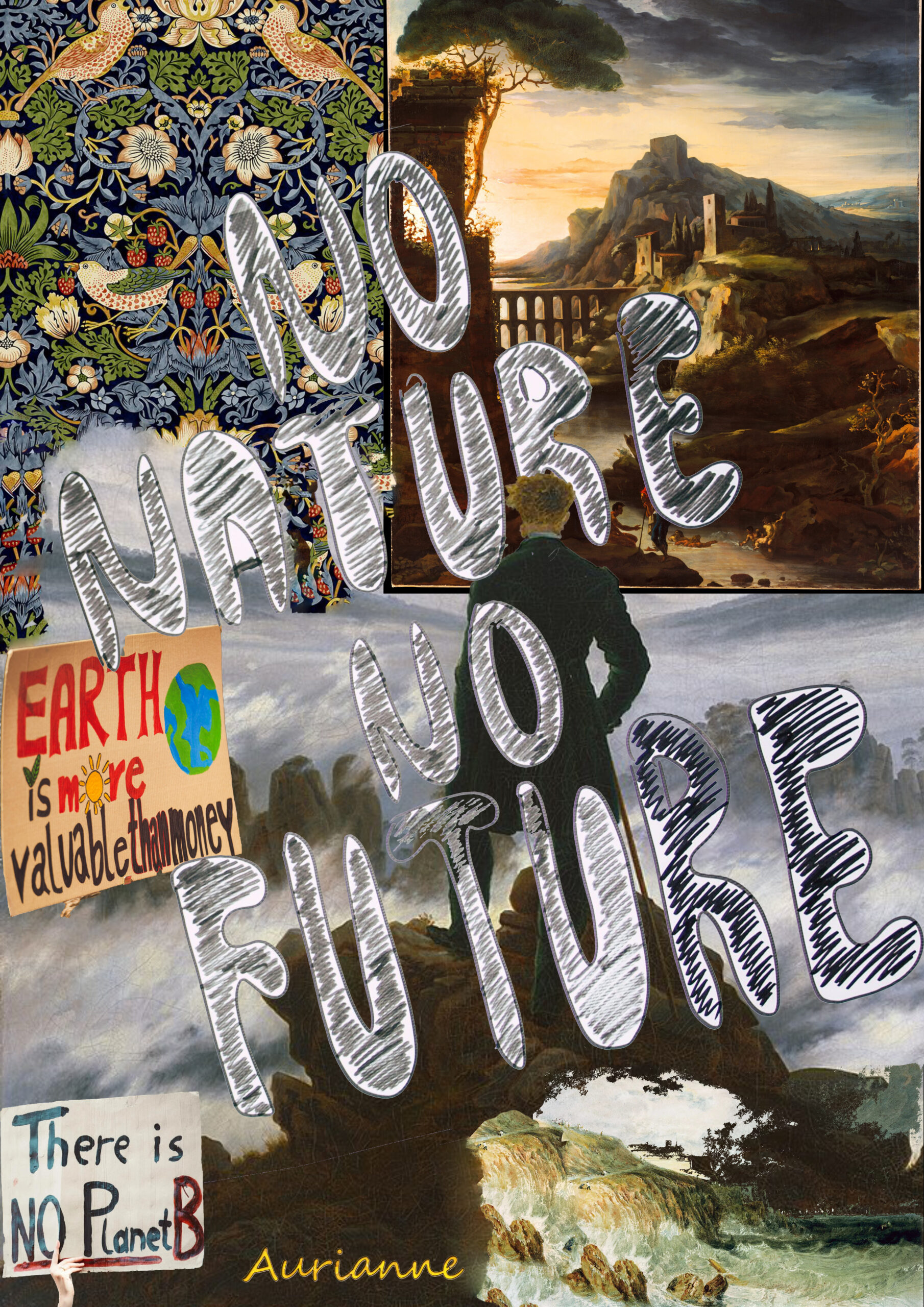
The state and the media blamed workers considered not productive enough for the loss of their factories in the 70s. For the past twenty years, they’ve been blaming this same generation for environmental pollution. It would be the people who polluted without regard for the environment. It’s the same strategy for the same end: pit…
-
Useful Ecology
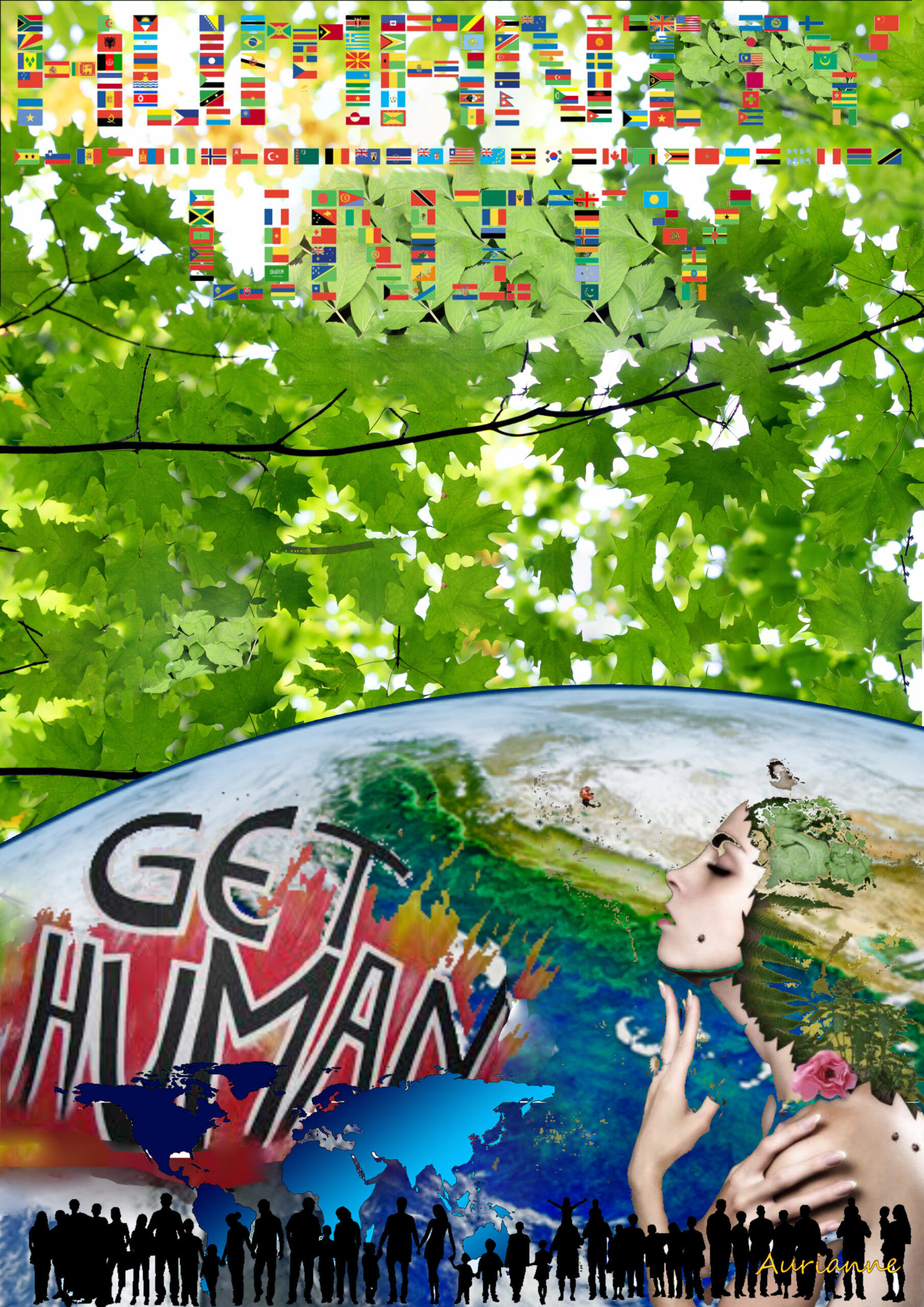
We’re hearing about a whole range of ecological measures. We need to buy eco-friendly cleaning products, insulate our homes, change our boilers and have a Canadian well, buy less plastic, sort our waste, drive eco-friendly cars, limit our speed on the roads, do not fly, limit our water consumption when we shower or flush the…
-
The Rust Belt
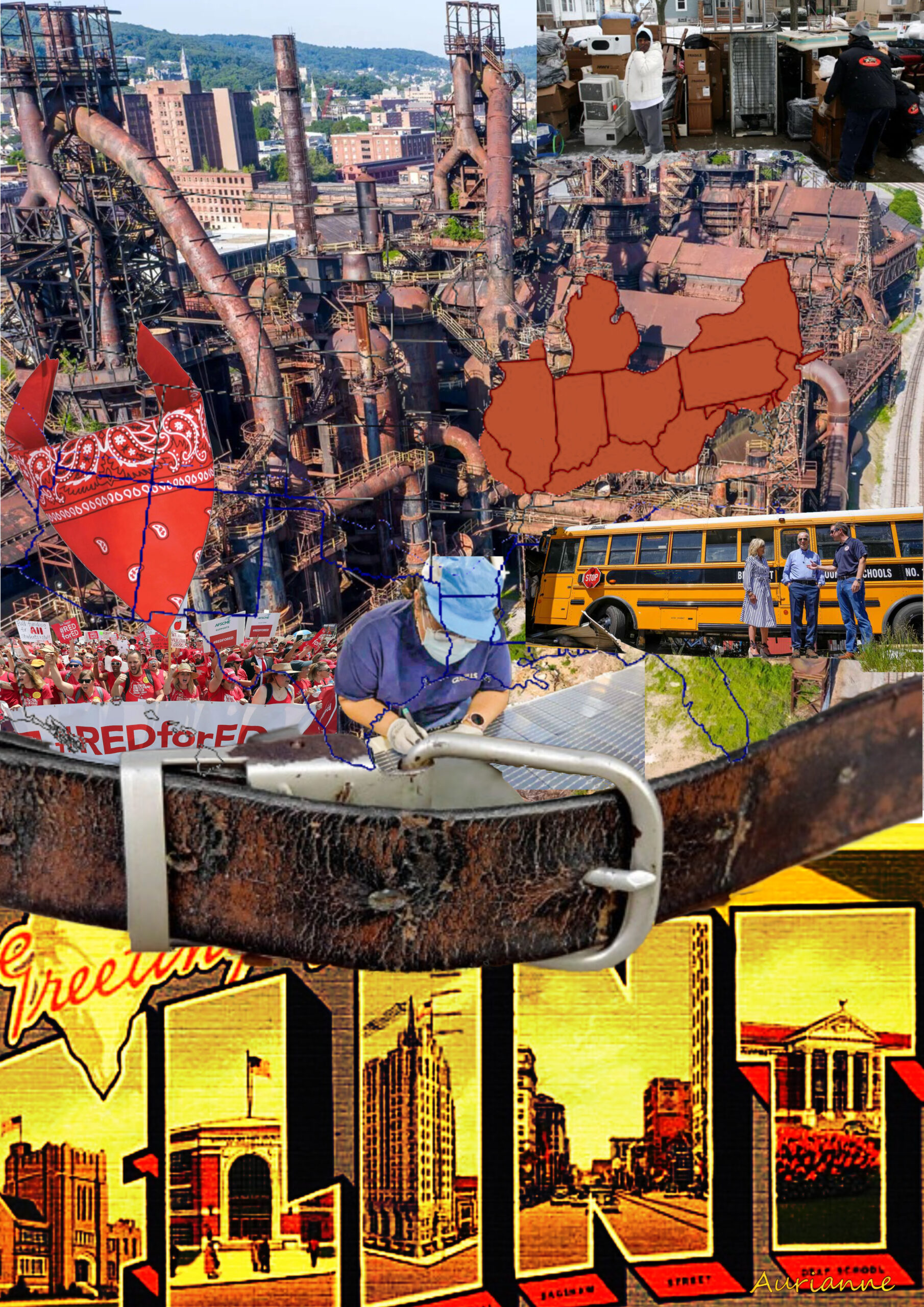
The Rust Belt made the eastern USA rich and prosperous. From 1850 to 1980, the largest American companies were located near the Great Lakes: US Steel, Ford, General Motors, etc. Millions of Americans worked in these factories, at first in difficult conditions, then these conditions improved thanks to the organization of workers into unions. These…
-
Is Artificial Intelligence good for humans?
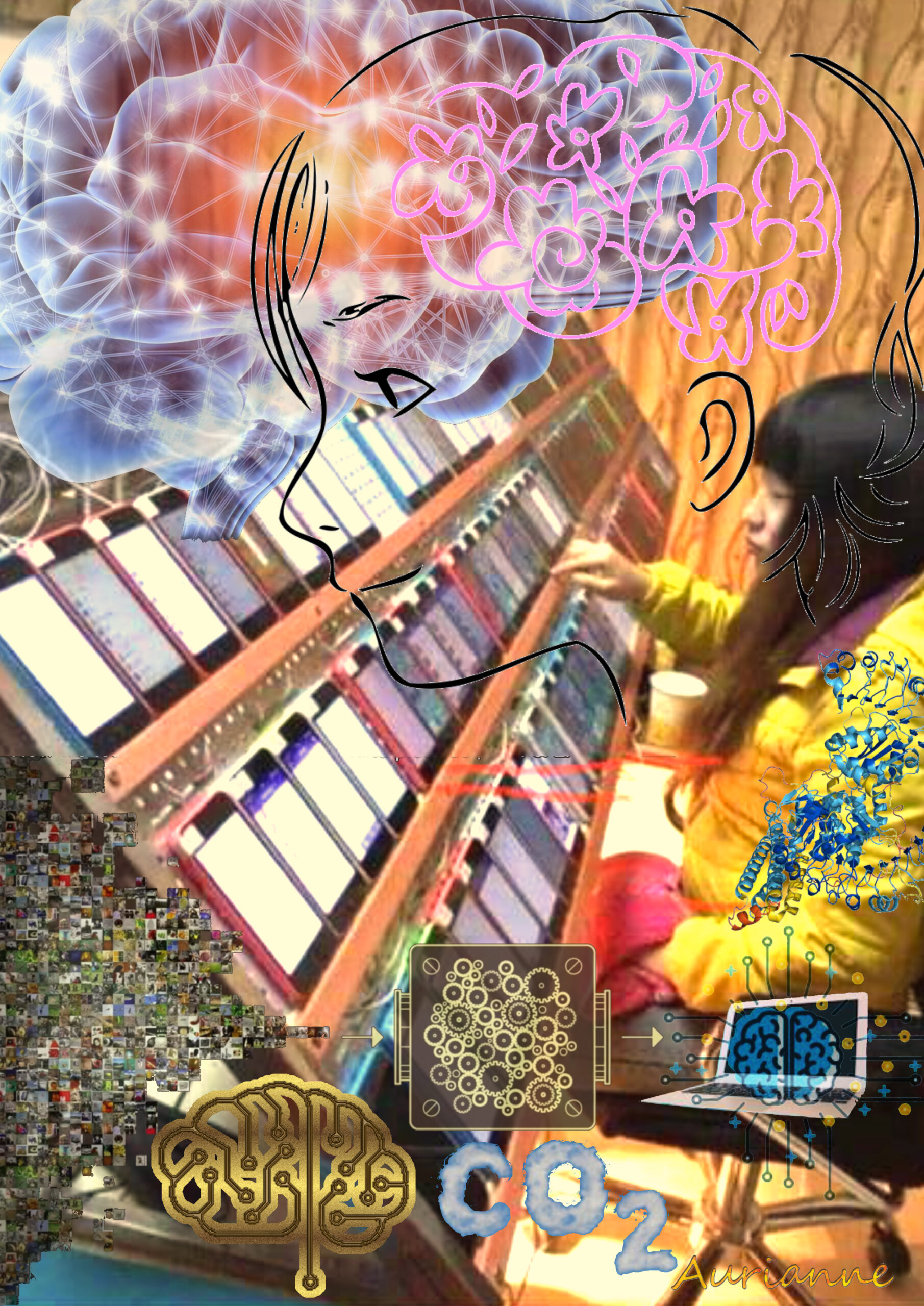
Our understanding of how the brain and AI (Artificial Intelligence) work has advanced considerably. The best model of the human brain we have today dates from the 1970s and is based on neural networks. For each characteristic, a knowledge or emotion is associated. We reconstruct concepts whenever we need them. Our memories are linked to…
-
Hydrogen-powered aircraft
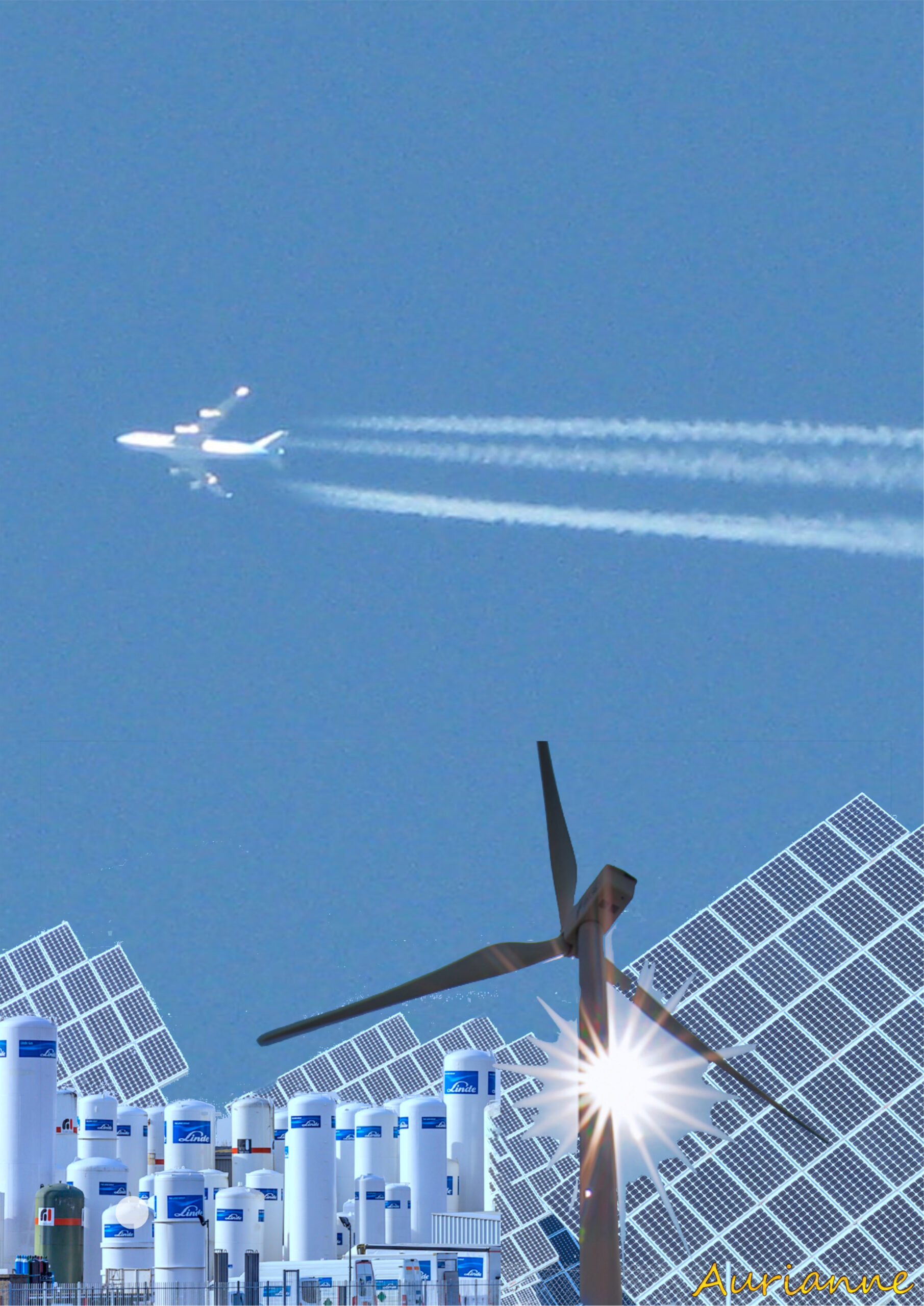
Which is better, the plane or the train? The plane pollutes more, but it’s faster, more convenient and cheaper than the train. Trains are expensive in terms of infrastructure and space: stations, rails, track maintenance, etc. Oil lobbies compete with nuclear lobbies. Yet aviation and ecology can be reconciled. Hydrogen-powered aircraft pollute less than trains.…
-
Cut out the middleman
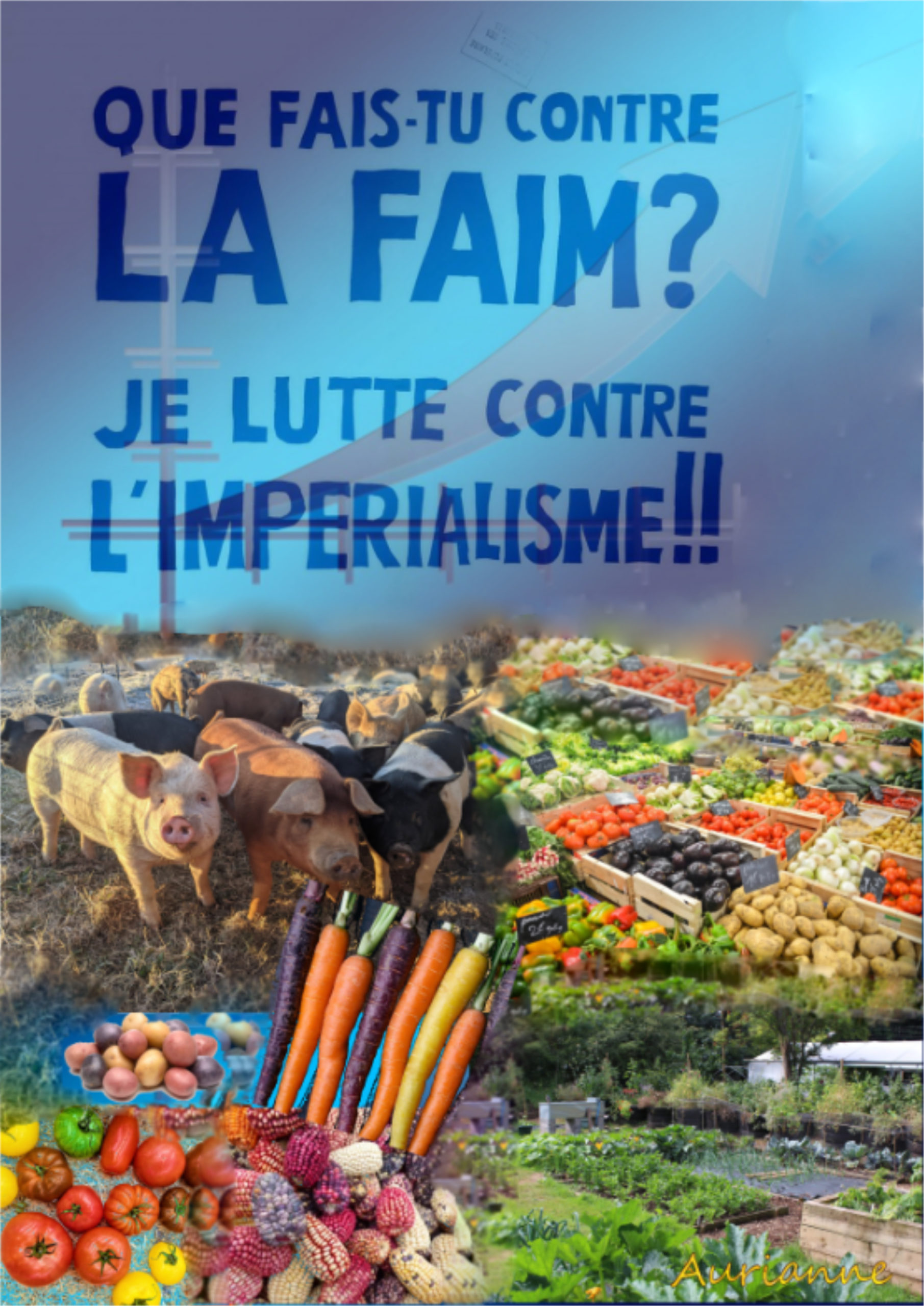
Four traders, suppliers of raw materials supply 90% of food for humans and livestock: Cargill, ADM, Louis Dreyfus Commodities and Bunge. They supply cereals, cocoa, cotton, oil, eggs, flour, meat, peanuts, rubber, salt, wool, chemicals and vitamins. The biggest of these, CARGILL, is the largest private company in the United States and controls a quarter…
-
How can we win back trust?
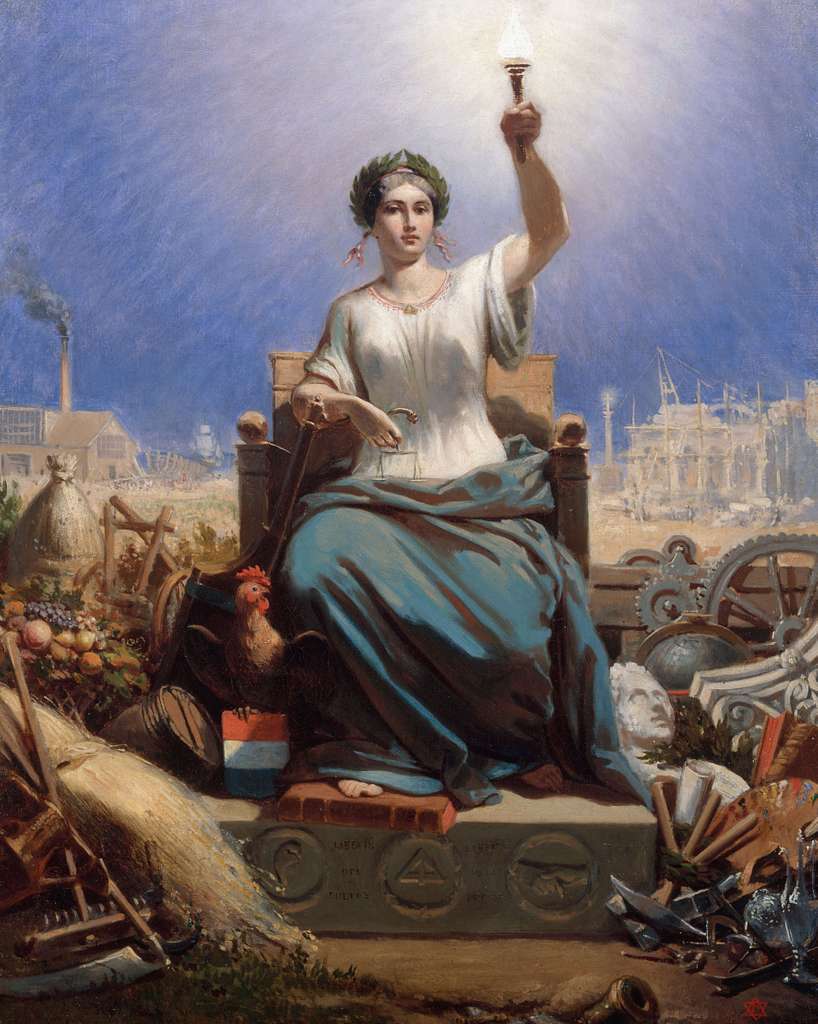
Today, the far right in Europe and in the United States is only gaining ground. But is attacking immigrants, as the police are doing, a solution to the security problems we face? What can we do about the rise of jihadism in particular? Jihadism feeds on the exclusion advocated by the extreme right and applied…
-
Ecoterrorism
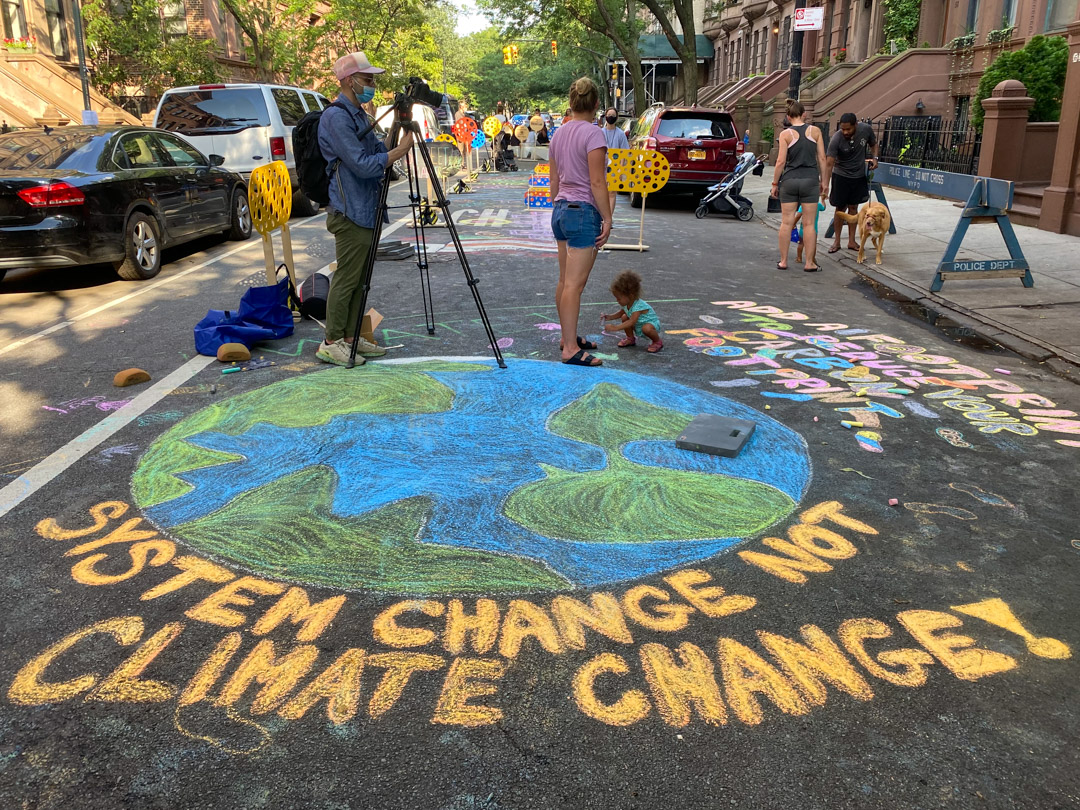
Terrorism is the use of terror for ideological, political or religious ends. The word “terrorisme” was first used in November 1794, when it was used to describe the “doctrine of the partisans of the Terror”, those who, some time earlier, had exercised power by waging an intense and violent struggle against the counter-revolutionaries. It was…
-
Stop the all-concrete approach
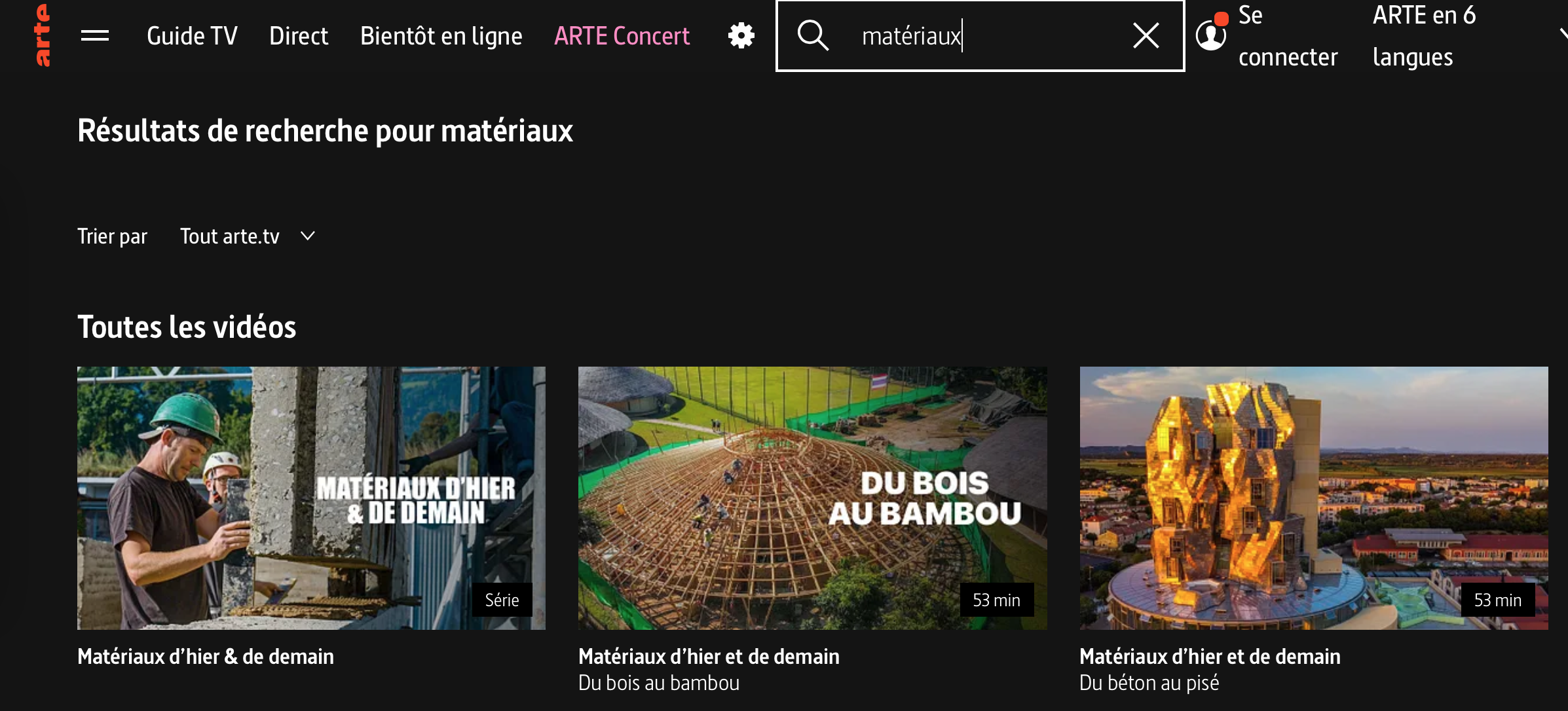
Concrete dominates today’s buildings. And yet it has major shortcomings. It consumes a lot of water and energy, produces a lot of CO2 and lasts only 80 years at best for reinforced concrete. What’s more, it doesn’t provide sufficient protection from the heat, leading to increased use of air conditioning, which in turn exacerbates global…
